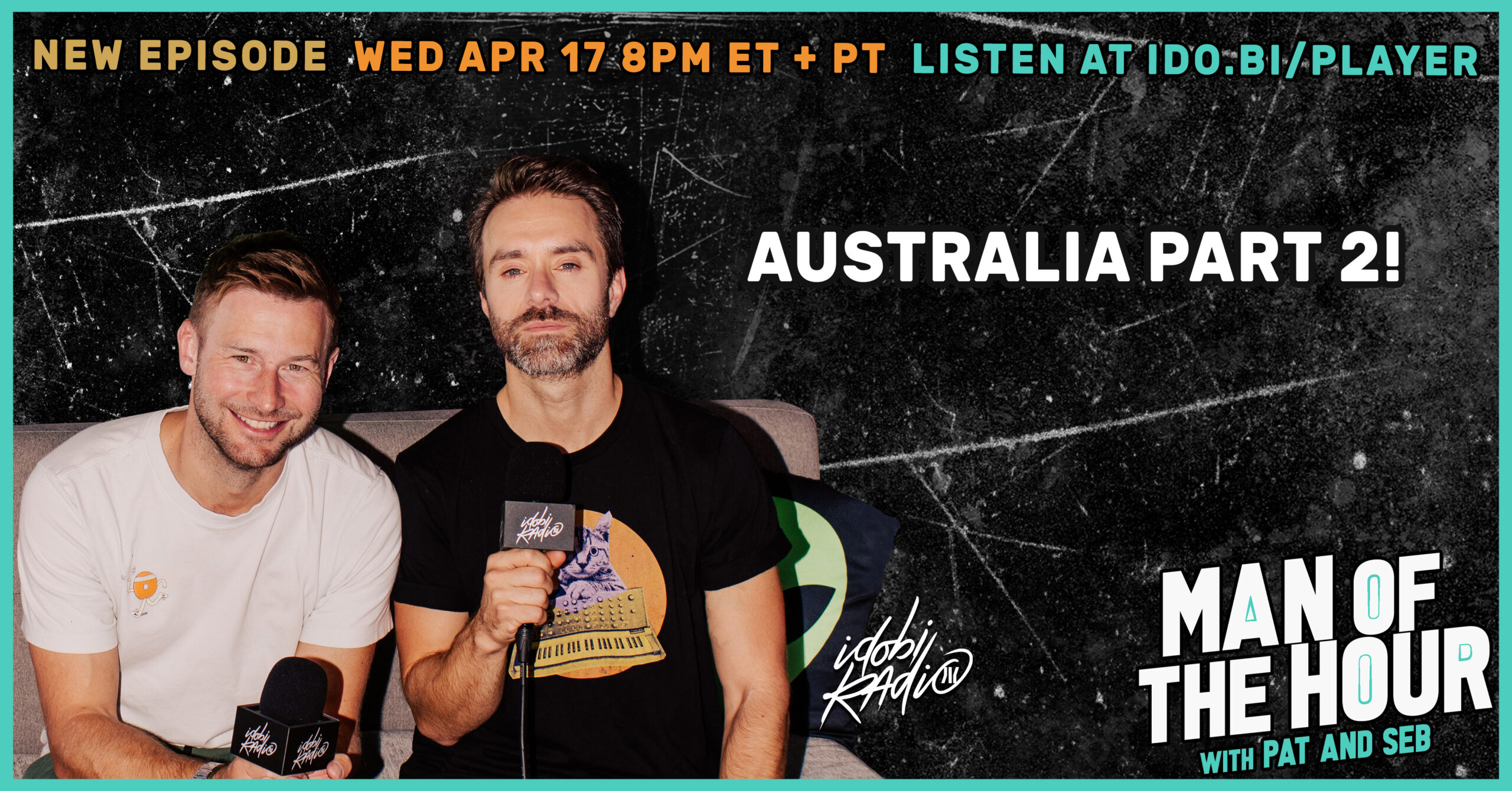MusicNet, Pressplay working out kinks in technology, licensing – now they need paying users.
Although the major labels have been making strides in their efforts to deliver music to listeners’ desktops while collecting money for themselves and their artists, the road ahead is still littered with questions, and the labels’ long-promised services still are not a reality.
When will music fans see them? When they do, will they be willing to pay for something they now can get for free? Can the industry shoot down all the new hotshot – and free – file-trading services? And whatever happened to Napster, anyway?
One Step Closer
Two services are being proposed by the major record companies – MusicNet, which is a collaboration between Warner, BMG and EMI, and Pressplay, from Sony and Universal.
After several delays, MusicNet announced the completion of its core technology in September. A demonstration for industry insiders, with a bare-bones working list of about 25,000 available songs, began on Monday. Eventually, music fans will be able to access MusicNet through AOL and RealNetworks; both promise to have the service up and running this fall.
For a monthly fee, users will be able to listen to a set number of songs on their computer – by either downloading or streaming them – according to MusicNet spokesperson Ann Garrett. Those files will be in RealNetworks’ new DRM format and will be encrypted so they cannot be copied to CD or played back on other devices such as portable MP3 players. The files will expire at the end of each month.
Pressplay had intended to launch in September but now will begin service later this fall, according to a spokesperson who gave no reason for the delay. Like MusicNet, Pressplay will be made available through online partners – in this case, MP3.com, Yahoo! and MSN will offer Pressplay subscribers access to around 125,000 tracks.
The services overcame a major hurdle Tuesday when the major labels signed a royalty agreement with the Harry Fox Agency, the music publishing house that represents about 90 percent of the songs published in the United States.
MusicNet can now promise tunes from artists such as Christina Aguilera, Eric Clapton, Whitney Houston and the Red Hot Chili Peppers, all of whom record for labels owned by MusicNet’s parent companies.
Pressplay, meanwhile, announced last week that in addition to its Sony and Universal titles, it will offer music from EMI’s catalog. Pressplay won’t say exactly which artists’ music will be offered, but Sony and Universal own labels whose rosters include Aerosmith, U2, Weezer, Dr. Dre and Sheryl Crow.
But neither service is in a position to offer a full slate of hits. Until further agreements can be worked out, Pressplay will not have access to artists such as Pink, Missy Elliott and P.O.D., who record for MusicNet partners Warner Bros. and BMG. Likewise, MusicNet won’t be able to offer Sony and Universal artists until it reaches a licensing deal with those labels.
And at least one major artist, the Beatles, will be off limits to both services. The group’s surviving members – and not its label, EMI – own the Beatles’ digital rights and have yet to license them for online distribution.
MusicNet’s and Pressplay’s partners will set the terms and prices of subscriptions. Neither service will allow files to be transferred from a user’s computer, at least for now.
The major labels won’t be the only players in the licensed music download game. On Monday, Listen.com unveiled Rhapsody, a service that will offer streaming music from independent-label artists for around $10 per month. The service will be up and running by year’s end, CEO Sean Ryan said.
Why Pay?
With progress being made on the technological and licensing fronts, the music industry’s biggest challenges look to be convincing consumers to pay for something they’re accustomed to getting for free and getting them to accept limitations on its use.
“People want to listen to music at the gym, at the supermarket, in their cars,” warned digital-music analyst Aram Sinnreich of Jupiter Media Metrix. “Limiting the service to the PC will significantly affect how successful they’ll be.”
Still, both MusicNet and Pressplay say they’ve done the market research and are confident they’ll deliver services consumers will want to pay for. Part of that package is a reliability that they say can’t be offered by renegade file-swapping networks, where users sometimes encounter unreliable downloads and unpredictable sound quality.
“When you search for Jennifer Lopez, you might only get 10 percent of the returns that you want,” MusicNet’s Garrett said. “The other files might be images, porn files, or even viruses, and we think users are going to get tired of that.” (In fact, a search for Jennifer Lopez through the popular file-sharing service Morpheus on Monday afternoon yielded 24 music files, four music videos, two files claiming to be nude photos and three boasting that they were pornographic videos.)
Jupiter’s research suggests that consumers are willing to pay for online music that doesn’t present those pitfalls, Sinnreich said. Some avid file traders, however, say that the supposed problems aren’t that bad.
“The sound quality is fine,” said Duane Bush, a 67-year-old grandfather from Mosinee, Wisconsin, who uses file-sharing programs to download everything from Ted Nugent to late cowboy crooner Tex Ritter. “If you want it for professional reasons, there are many programs to help you with that, but for the average guy, the quality is great.”
Laurie Lacasse, a 24-year-old from London, Ontario, who downloads at least 25 songs a week, said, “I wouldn’t be interested in paying for a service because now it’s free.” Her recent free downloads include Alien Ant Farm’s “Smooth Criminal” and Nelly’s “Ride Wit Me.”
“We know it’s going to be difficult in the beginning to compete with these free services,” Garrett admitted. “But they’re all doing something illegal, and sooner or later they’ll have to stop.”
Continuing Court Battle
The industry’s legal fight to stop rogue file-trading entered another round last week when a slew of record companies and movie studios sued Morpheus, Kazaa and Grokster, accusing them of facilitating the trading of unauthorized music and video files. The suit is similar to the one filed in December 1999 against Napster, which resulted this year in the shutdown of that once wildly popular service.
But even if Morpheus, Kazaa and Grokster are forced to shut down, their technology – and that of similar services – will live on, Sinnreich said. Since the software connects individual users directly with one another (an arrangement known as peer-to-peer networking), anyone who already has the program conceivably could still search and download files from anyone else who has it, no matter what happens to the software’s creators in court.
And while the record companies have been busy scrambling to release their own digital-music delivery services, downloads of services like Morpheus and Kazaa have skyrocketed. More than 1.7 million copies of Morpheus and 800,000 copies of Kazaa were downloaded in the week ending October 7, according to CNET.com, and users of either service can search and share files with users of the other.
Morpheus’ director of sales and marketing, Trey Bowles, wouldn’t comment on the lawsuit, but said he stands by his belief that what his company is doing is legal. Morpheus, he said, was designed for people to share all sorts of legal files – from music to recipes to genealogy documents – and the company doesn’t condone the trading of illegal material.
Wither Napster?
Napster, meanwhile, has been working on going legit since it shut down in July. The file-sharing pioneer in June announced an agreement with MusicNet to provide Napster with major-label content in the future, and just last week it reached a preliminary settlement in a lawsuit filed by music publishers.
But before it can begin operating again, the service must prove to the labels that it no longer allows unauthorized trading of any copyrighted material. And so far that has proved harder than silencing Lars Ulrich.





























